When Pastor Mark walked into his small church office in Abilene one Thursday morning, he wasn’t thinking about insurance. He was thinking about Sunday’s sermon, the Wednesday night prayer group, and whether the children’s ministry had enough volunteers for the weekend.
He trusted he didn’t need to worry about the details, such as their church’s insurance plan. His insurance agent promised him that things were covered. After all, his agent had told him these comforting words many times:
“Don’t worry, Pastor. You’ve got full coverage.”
It wasn’t until a legal notice arrived that he questioned that statement. He was facing a lawsuit claiming that advice he’d given during counseling had caused emotional harm. That is when Pastor Mark learned a painful truth. His “full coverage” didn’t actually cover pastoral counseling. The policy he trusted to protect his ministry left him completely exposed.
That moment became the foundation for the first week of our podcast, Faith, Stewardship, and Insurance: Protecting Texas Churches.
Too many Texas churches face similar situations every year. They think that they are protected until something bad happens. That’s when they find out that things such as fine print leave them exposed to disaster.
Key Takeaways
- Wise stewardship asks not “What’s cheapest?” but “What protects our people and purpose best?”
- When these coverages work together you get real protection for your ministry.
- Don’t assume that your church is covered by your insurance policy without knowing for sure.
- The right church insurance policy is not about fear, it’s about stewardship.
- Confidence that your church is well covered gives you peace in the middle of chaos.
What We Learned This Week
Over the first five episodes, we explored the heart of stewardship and what it really means to protect your church with wisdom, faith, and truth.
1. True Stewardship Is More Than Saving Money
Many church leaders believe good stewardship means cutting costs by finding the cheapest premium or trimming coverage. As Pastor Mark discovered, saving money on the front end can cost far more in the long run. Stewardship isn’t about chasing the lowest price.
It’s about being faithful with the resources God has given you and that includes protecting your ministry from financial loss and legal risk.
2. There’s No Such Thing as “Full Coverage”
In Episode 5, we talked about one of the most dangerous myths in church insurance: “full coverage.” It may sound reassuring, but it simply doesn’t exist. Every church policy has limits, exclusions, and gray areas. A complete insurance plan is actually a combination of several types of coverage.
- Property insurance
- General Liability
- Directors and Officers
- Abuse and Molestation
- Pastoral Liability
3. Stewardship Requires Clarity and Not Assumptions
In faith, assumptions can lead us astray. The same is true in insurance.
Too many churches assume their policy automatically covers things like volunteers driving church vans, counselors offering advice or off-site youth events. But unless your church has specific coverage for those things, your assumption can leave you exposed.
That’s why we emphasize what we call The Promise of Certainty which is our way of helping churches move from confusion to confidence by truly understanding what’s covered, and what’s not.
4. Protecting Ministry Is an Act of Faith
This week, we re-framed the conversation about insurance altogether. For churches, protection isn’t as much of a business decision as it is a ministry decision. When you protect your staff, your facilities, and your congregation, you’re protecting your ministry.
5. Knowledge Is a Form of Ministry
Through these first five episodes, one theme keeps resurfacing: Knowledge brings peace. The more church leaders understand their church insurance policies, the fewer surprises they face when storms or lawsuits come. That knowledge allows you to lead your congregation with confidence instead of uncertainty.
Listen & Learn
If you missed any of the first five episodes, you can catch up now:
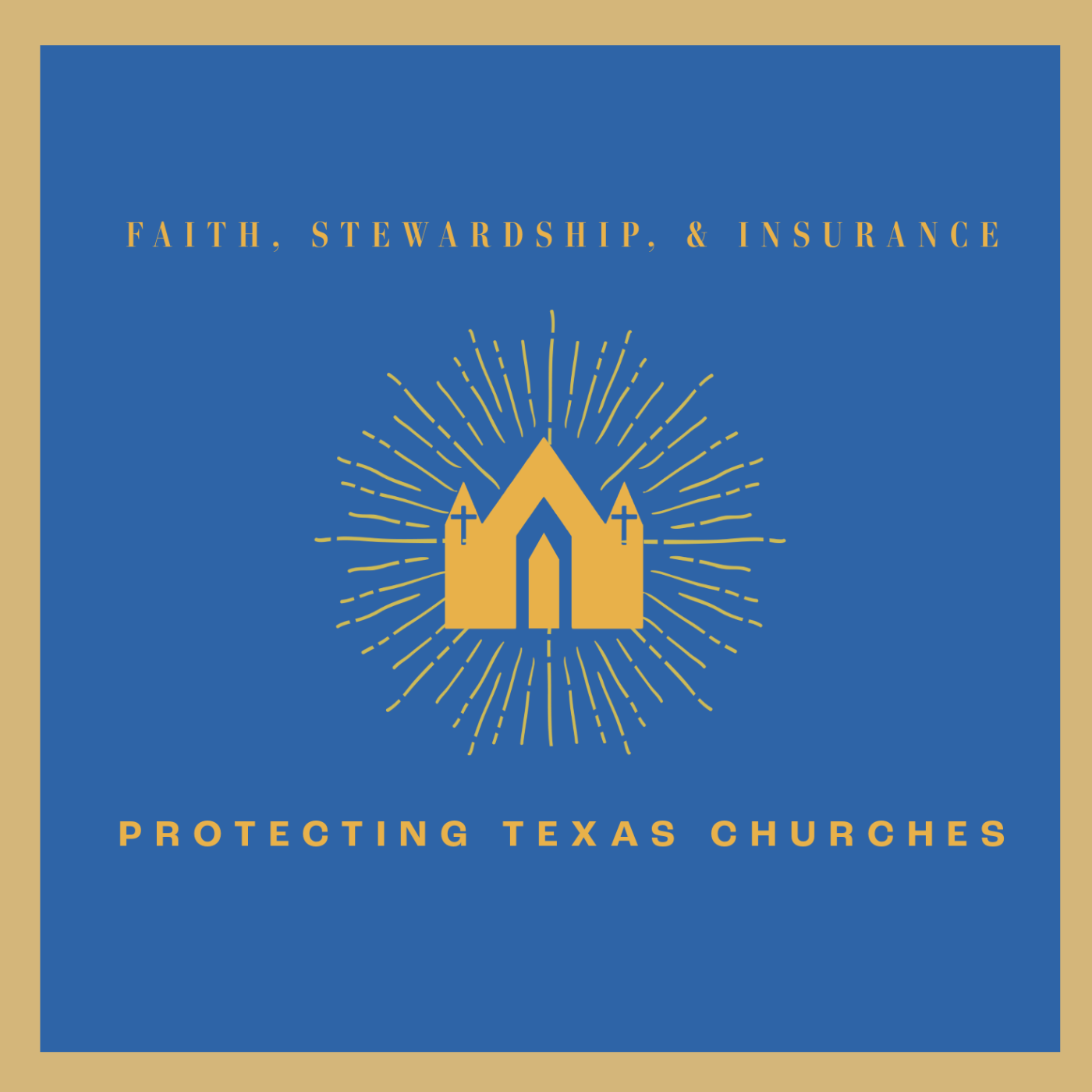
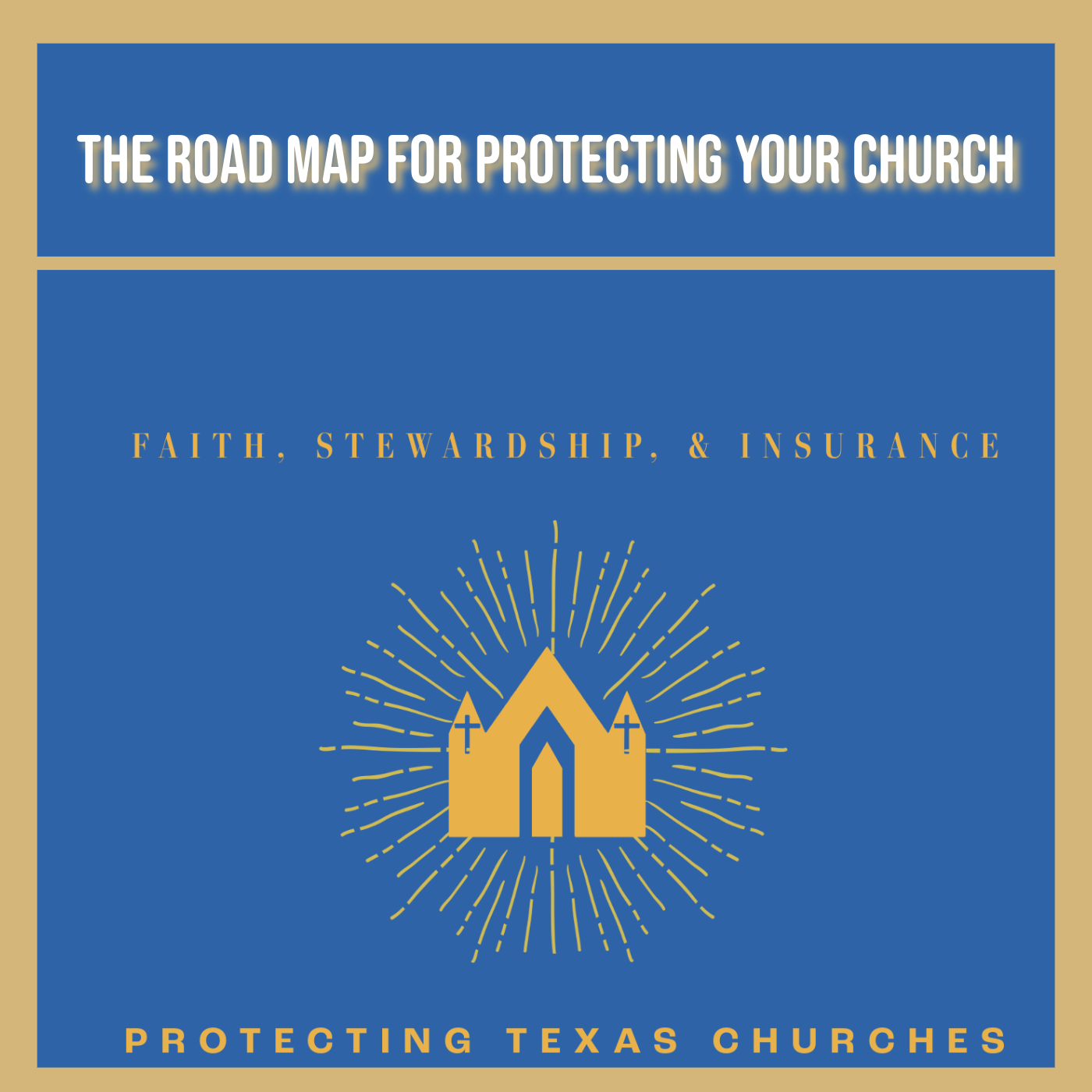
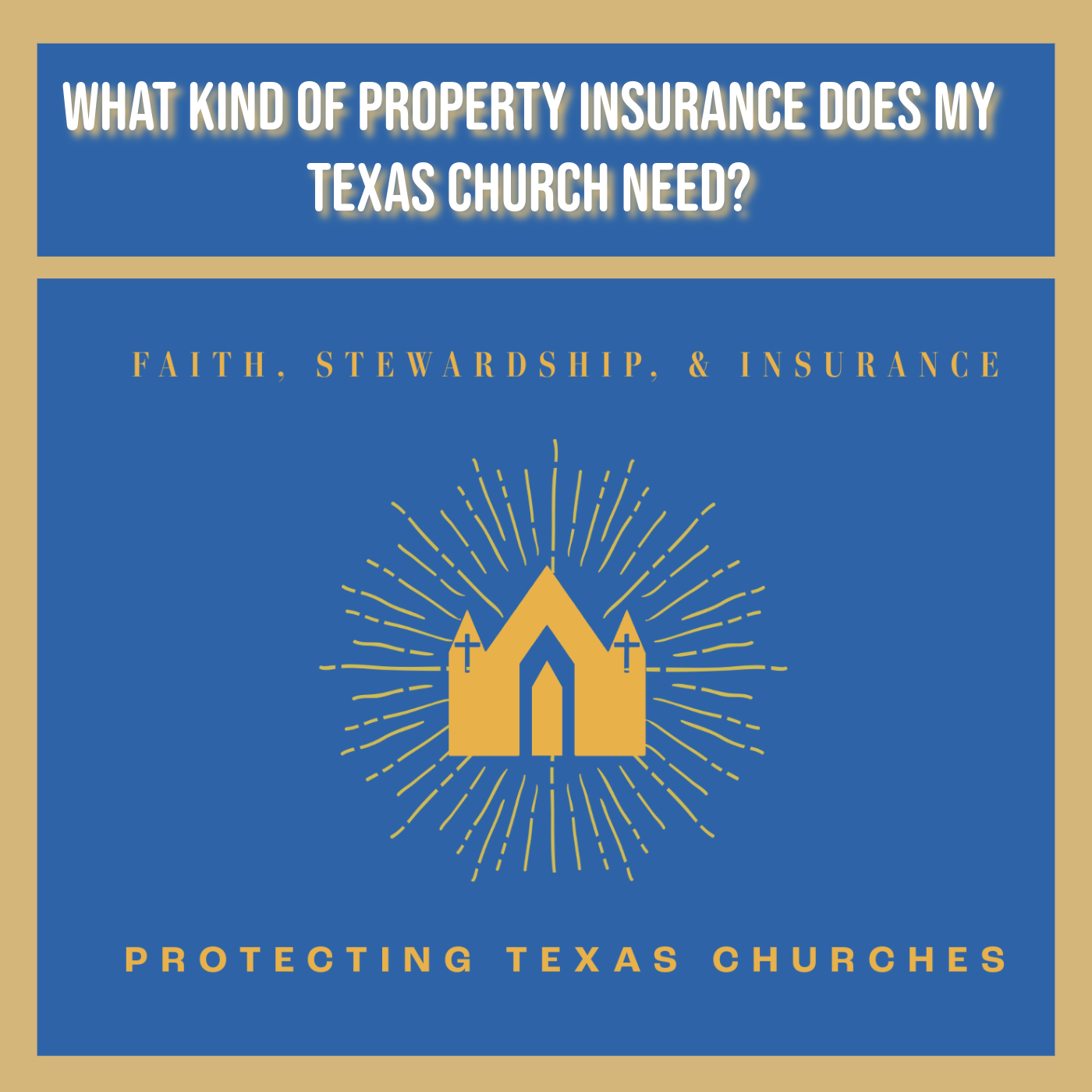
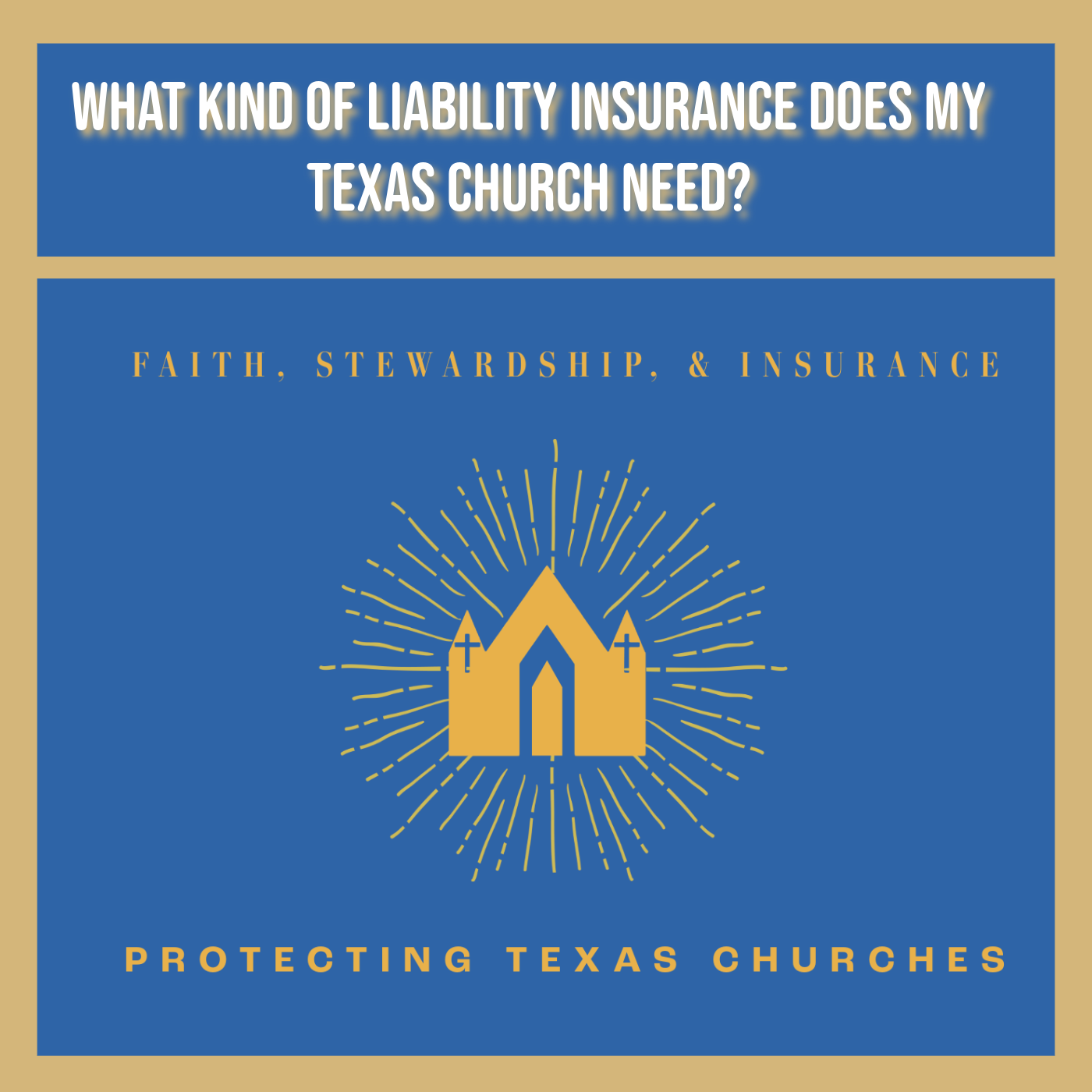
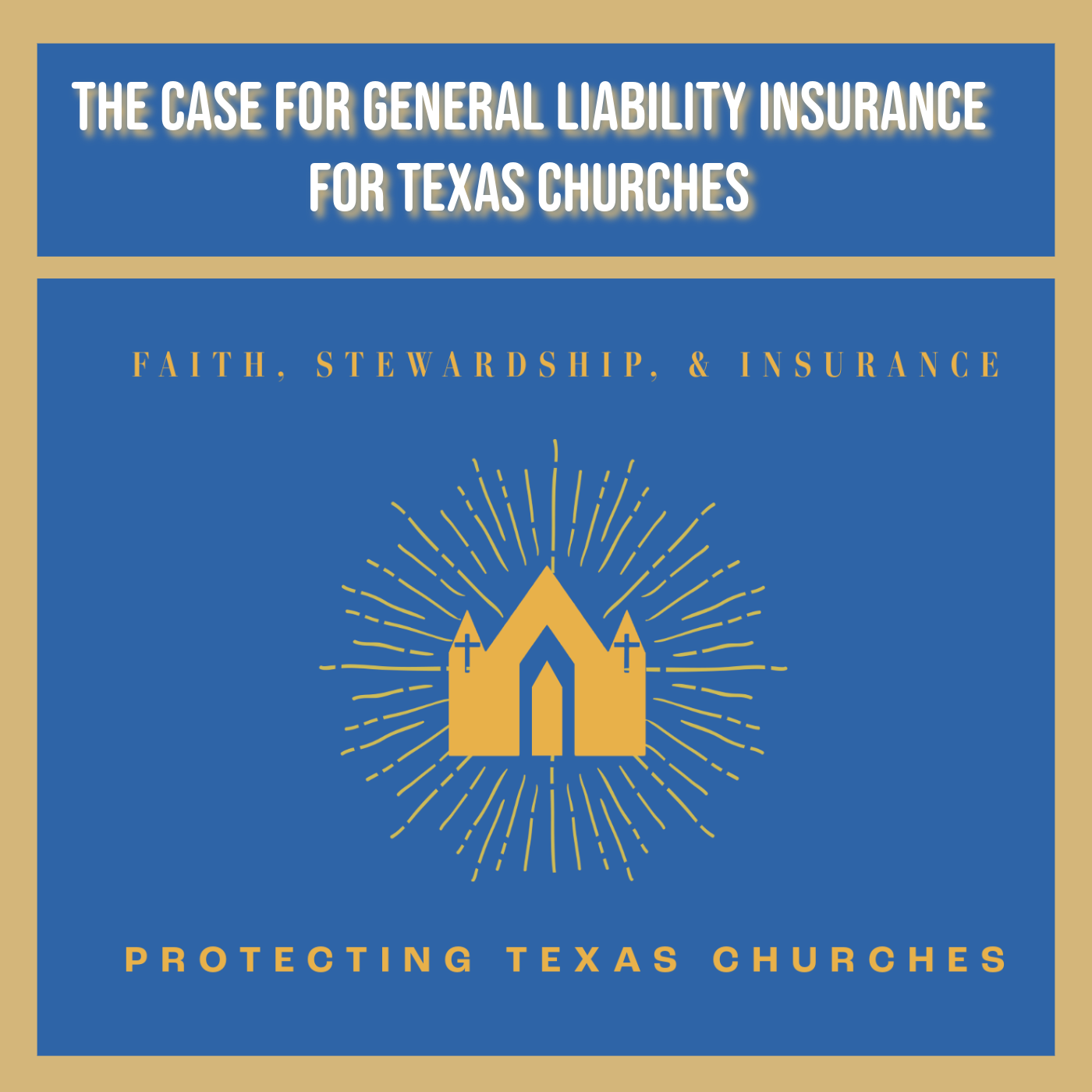
Lessons Learned
When Pastor Mark finally sat down with an independent church insurance specialist, he saw clearly what had gone wrong. No one had ever taken the time to walk him through his policy line by line. He now understood what was and wasn’t covered in his policy.
When he replaced “almost truth” with full understanding, his entire approach to stewardship changed. Today, his church has a tailored plan through True Texas Church Insurance. It’s one that protects their staff, property, and mission with real clarity.
He told us later, “For the first time, I actually feel at peace about our coverage. I know what we have and understand what is not covered.
Click the button below to see how your church can experience the promise of certainty.
Frequently Asked Questions
Why do churches need to review their insurance policies regularly?
Ministries change and so do risks. Adding a new building, starting a daycare, launching a youth event, or upgrading technology can all affect your coverage needs. A yearly review with a church insurance specialist ensures your policies stay aligned with your current ministries and helps you catch gaps before they become costly problems.
What kinds of liability coverage should a Texas church have?
General liability is just the beginning. Churches often need several specialized forms of liability protection, including:
- Pastoral counseling liability – protects against claims related to advice or guidance.
- Directors & Officers (D&O) insurance – covers leadership decisions and governance issues.
- Employment Practices Liability (EPLI) – covers disputes over hiring, firing, or discrimination.
- Abuse & molestation liability – protects the church from claims involving children or vulnerable adults.
What’s the difference between replacement cost and actual cash value in property insurance?
- Replacement cost covers the expense to rebuild or repair your property with materials of similar kind and quality without depreciation.
- Actual cash value factors in depreciation, meaning your payout could be much lower than what it costs to rebuild.
If your goal is to restore your church fully after damage, replacement cost coverage is usually the better option.
Is there such a thing as “full coverage” for my church?
No. That's one of the biggest myths in church insurance. Every policy has limits and exclusions. “Full coverage” usually means you have some protection, not complete protection. Real coverage comes from combining several key policies, such as general liability, pastoral counseling liability, D&O, property, and abuse & molestation coverage.
What does it really mean to be a good steward when it comes to church insurance?
Being a good steward isn’t just about saving money. It’s about using your church’s resources wisely to protect its people, property, and purpose. True stewardship means understanding your risks, asking the right questions, and making sure your coverage aligns with your ministry’s mission.


